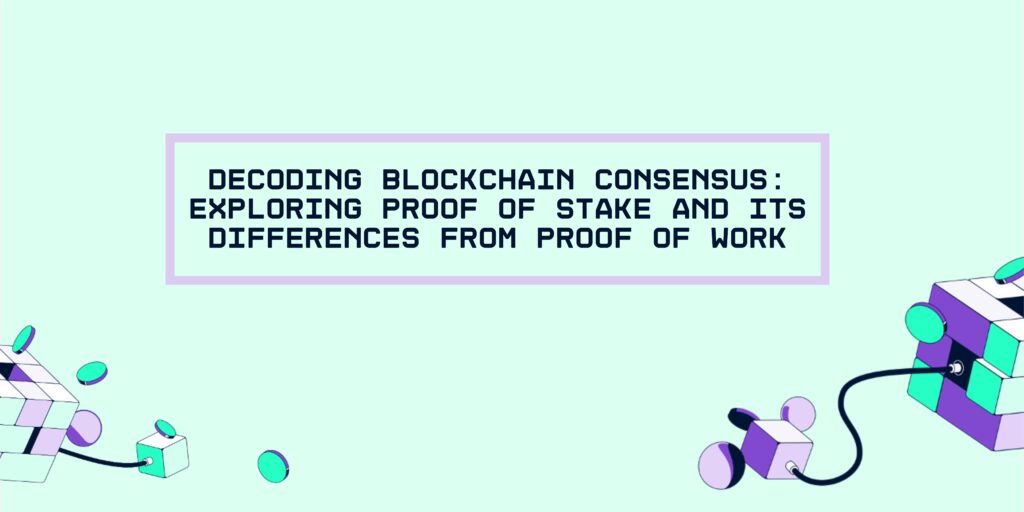Protecting Your NFT Investments: How to Avoid NFT Scams
Non-Fungible Tokens (NFTs) have taken the digital world by storm, revolutionizing the way we buy, sell, and own unique digital assets. While NFTs offer exciting opportunities for creators and collectors alike, the rising popularity of these digital collectibles has also attracted the attention of scammers. In this article, we’ll explore the world of NFT scams and provide you with valuable insights on how to protect yourself from falling victim to fraudulent schemes.
Common NFT Scams
Before diving into protective measures, it’s essential to understand the various forms NFT scams can take. Here are some common scams associated with NFTs:
Counterfeit NFTs: Scammers create counterfeit NFTs, often mimicking popular artworks or digital collectibles, and sell them on NFT marketplaces.
Phishing Attacks: Fraudsters set up fake websites or social media profiles that impersonate legitimate NFT marketplaces or artists, tricking users into providing sensitive information or funds.
Pump-and-Dump Schemes: Some scammers manipulate NFT prices by artificially inflating their value through hype and social media campaigns, only to sell their holdings at a profit, leaving unsuspecting investors with worthless tokens.
Stolen Content: Scammers may mint NFTs using stolen content, such as artwork or music, without the creator’s permission, and sell these tokens as genuine.
How to Avoid NFT Scams
Now that we’re aware of the risks, let’s explore strategies to protect yourself from falling victim to NFT scams:
Research and Verify: Thoroughly research the NFT and the creator before making a purchase. Check the creator’s credentials, social media presence, and previous work to ensure authenticity.
Use Reputable Marketplaces: Stick to well-established NFT marketplaces that have a track record of verifying the authenticity of NFTs and artists. Popular platforms like Magic Eden, OpenSea, Rarible, and SuperRare have verification processes in place to assist in protecting collectors.
Beware of Unrealistic Promises: Be cautious of NFT listings or projects that promise guaranteed profits or extremely high returns. If it sounds too good to be true, it probably is.
Enable Two-Factor Authentication (2FA): Secure your NFT marketplace accounts with 2FA to add an extra layer of protection against unauthorized access.
Verify URLs: Double-check website URLs to ensure you’re on the official NFT marketplace or creator’s website. Scammers often use slight variations or misspelled domain names to deceive users.
Use Reputable Wallets: Ensure your NFT wallet is secure and from a reputable source. Avoid sharing your wallet’s private keys with anyone.
Confirm Licensing and Ownership: Before purchasing an NFT, verify that the creator has the legal rights to sell the content. This is crucial for avoiding disputes and legal issues down the line.
Educate Yourself: Stay informed about the latest NFT scams and tactics employed by fraudsters. Knowledge is your best defense against scams.
Trust Your Instincts: If something feels off or suspicious, trust your instincts and proceed with caution. It’s better to miss out on an opportunity than to fall victim to a scam.
While NFTs offer exciting possibilities in the digital world, they also present risks due to the emerging and decentralized nature of the market. By following these tips and exercising vigilance, you can significantly reduce the likelihood of falling victim to NFT scams. Remember that prevention is key, and taking the time to verify the authenticity of NFTs and the credibility of creators is a worthwhile investment in protecting your digital assets and investments in the world of NFTs.







